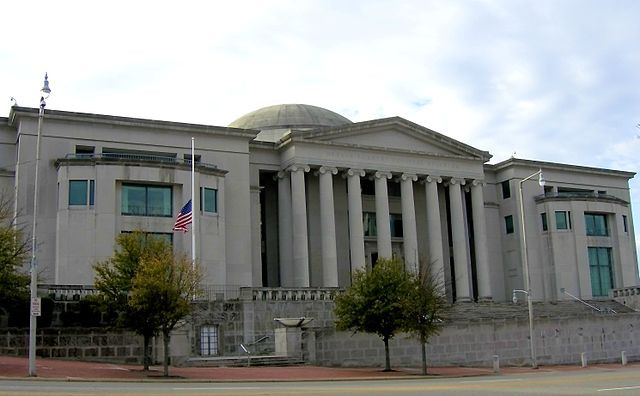The Alabama Supreme Court's recent ruling that frozen embryos can be considered children under state law has ignited a wave of concern and uncertainty among fertility treatment providers and patients alike.
The decision, which emerged from wrongful death cases related to the destruction of frozen embryos at a fertility clinic, leverages anti-abortion language in the Alabama Constitution to extend the definition of "children" to include all unborn, regardless of their developmental stage or physical location.
Justice Jay Mitchell, in the majority ruling, emphasized that the state's 1872 law, designed to allow parents to sue over the death of a minor child, should be applicable to "extrauterine children" as well. This interpretation has raised alarms about the potential ramifications for in-vitro fertilization (IVF) practices, where the creation, freezing, and sometimes destruction of embryos are common.
Barbara Collura, CEO of RESOLVE: The National Infertility Association, expressed deep concern over the ruling's impact on IVF, stating that it could challenge the very practice by equating a fertilized egg to a person. The American Society for Reproductive Medicine echoed these apprehensions, with reports of at least one Alabama fertility clinic pausing IVF treatments in response to the court's decision.
Patients like Gabby Goidel, who turned to IVF after experiencing multiple miscarriages due to genetic issues, find themselves in a particularly distressing situation. Goidel's treatment, which involves genetic testing of embryos to prevent further miscarriages, is now clouded with legal uncertainties, particularly regarding the handling of embryos deemed genetically abnormal.
The court's ruling not only complicates the operational aspects of fertility clinics but also poses ethical dilemmas for patients and providers. Dr. Mamie McLean of Alabama Fertility highlighted potential challenges in staffing and insurance costs, which could ultimately limit access to IVF treatments. Dr. Brett Davenport, a reproductive endocrinologist, expressed concerns about the implications of treating embryos as legal persons, fearing it could hinder doctors' ability to assist families in starting.
Legal experts and reproductive rights advocates are alarmed by the broader implications of the ruling, fearing it could pave the way for more stringent abortion restrictions and further encroach on reproductive autonomy. The decision underscores a growing trend where state laws increasingly influence medical practices and patient choices in reproductive health.
As the legal and medical communities grapple with the fallout of this ruling, patients like Meghan Cole are taking drastic steps, such as moving their embryos out of state to avoid potential legal liabilities. The ruling has not only disrupted the immediate plans of individuals seeking fertility treatments but has also spurred broader discussions about the future of reproductive rights and healthcare in Alabama and potentially beyond.






